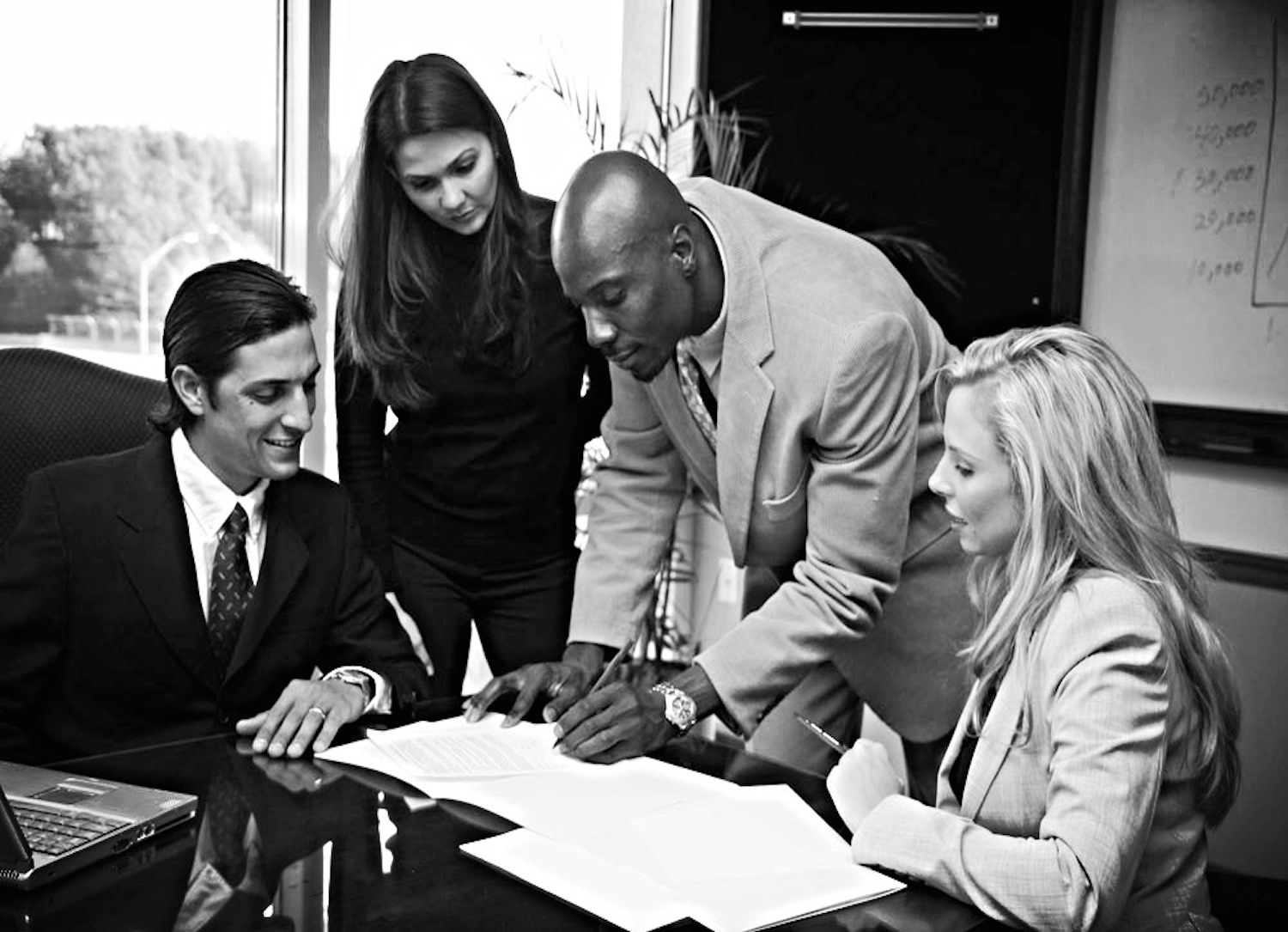In my journey towards self-mastery, I’ve realized a prerequisite to reaching a new level is to accept the student role. There’s a time when I have to acknowledge I don’t know something or, could dramatically improve in some area, and so the I have to sit down, shut up and listen.
It’s a simple idea: people who know a lot of stuff originally didn’t know a lot of stuff. In order for them to gain understanding, they had to find a source that understood. Then after finding the source, they had to follow that source as a student then apply themselves to acquire the understanding. When the understanding is deep enough, we gain the capacity to teach it to others.
Knowledge acquisition speed and depth of understanding differ among people. But the basic principle is the same.
We have to know when to be the teacher and when to be the student.
I enjoy being both.
As the teacher, I’m given responsibility by learners to guide them in a direction that will support their interests. I indirectly self-test my own understanding; explaining a concept reinforces it in me. How the learner receives the information determines if my delivery was effective. If not, adjust, take away, add, retry.
As the student, I am an adventurer and observer. I dig and investigate. Subject searches know no limits. And if someone has value to add to my consciousness, I’m open. If you have in-depth understanding of a topic in engineering, I’m going to be open and could care less if you have a degree. Your knowledge and understanding are more valuable to me, however you might’ve attained them.
They say the court jester is actually the smartest man in the court because everyone thinks what he does is a joke. He’s smart enough to make the court think so.
Super Learning requires that you become a teacher-student hybrid, capable of sensing the right time to share your wisdom or take in what another shares.
3 Qualities to Develop the Teacher-Student in You
Stop looking for credibility in labels. An MBA graduate degree doesn’t automatically mean the owner is good in business, just like owning a candy store doesn’t mean the owner is good in business. There are many lousy business owners who are IN business and MBA’s who finish at Ivy League institutions. Does it mean they are the cream of the crop?
Start seeing yourself as a student. As a student you’re a learner and that means asking questions, questions and more questions. You’re the sponge. Maintaining an open mind is a prerequisite and, as difficult as it may be at times, this is the mental frame where we don’t judge. Judging creates a filtering system and we automatically begin organizing the feedback we receive: I agree or disagree, junk or useful, can’t believe she said that, that sounds ridiculous, oh I don’t believe that.
Without even taking time to examine the potential value in what was given, information is quickly discarded when judging. As the student, you’re to remain an open book and once you’ve heard enough, thought about the information, then you make a choice as to the information’s value.
Become intuitive about when to give and receive. A conversation is a nonviolent tug-of-war. Someone speaks, another listens, another speaks and the other listens. Ideally this exchange is organic and can reap quality benefits for everyone involved. When your teacher-student skill sharpens, you know when to switch in conversation, asking questions about what you don’t know or curious about and feeling the right nuances about when to share your insight. This is a highly-valued skill that can open opportunities and strengthen rapport with people.
Becoming a student-teacher requires practice and awareness, and awareness will only strengthen with practice. If you’re a great student, you can become a great teacher. And if you’re a great teacher, it’s because you know how to be a great student.







